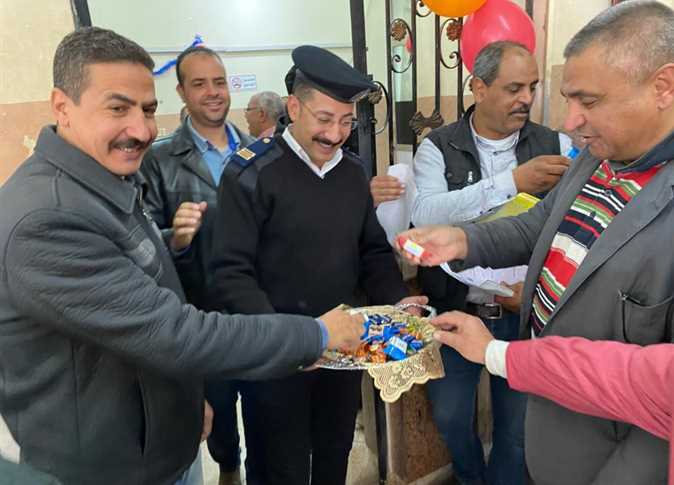If it wasn’t for the neighborhood watch systems and the relatively primitive protection tools that Egyptians have used in the last couple of weeks, more families and public properties would have been endangered. But after the men rushed to the streets, women in their houses were left with new tasks and roles.
“I was confused; partly, I felt safe and exceptionally proud of my husband standing in the street protecting our building but I was also worried with all the thugs, the escaped prisoners and gunshots throughout the night,” says Yasmine, a housewife living in Maadi. After two days of gunshots and turbulence in the district, Yasmine’s family moved to a safer neighborhood downtown. “Women were on the balconies most of the time watching over husbands switching between their patrol responsibilities and football games that started with the curfew.” A knife was kept by the door at all times in many households.
In other posh areas especially the compounds on the outskirts of Cairo, women organized daily barbeques for the men guarding the area. “I knew my husband was out there protecting our family and all the old men and women in our building,” says Mariam, a mother and housewife.
She kept a knife, a taser and a can of Pyrosol handy at all times in case off a sudden attack. “I moved my daughter to my bedroom as I want to make sure at all times that she is safe,” she concludes.
Yasmine is a single career woman who lives alone; “I live on the last floor before the roof and at curfew time I went upstairs and spilled oil on the staircase leading to my floor, 'Home Alone' style,” she explains, laughing. The young woman says she felt relatively safe most of the time as she lives in a busy street where all the shop owners truly took on the responsibility of guarding the street.
“I left three broomsticks behind the apartment door for emergencies,” says Farida Abdallah, a housewife who lives with her two daughters. After closing all the doors and windows of the house, she would lock the door separating the living area from the bedrooms to keep the family safe in case a thug came in at night.
“It's a humbling feeling to know that my husband is downstairs physically protecting me and the entire family,” says Nevine, a working woman and mother of two. Thinking about it, she admits that she felt small and vulnerable. Like women all over Egypt Nevine had a domestic protection plan. “If anyone attacks my house, I'll take my daughters and we'll lock ourselves into the bathroom inside the master bedroom,” she states confidently.
“We put a table behind the door,” says Heba about the protective measures her family took during the crisis. “As soon as things stabilize a little and the shops reopen, I am heading to the first weapon store to buy an electric shock gun for protection,” says Laila, a young woman who lives alone in Mohandessin.
For women who live alone or have no male figures in their families, doormen, security guards, valets and neighbors were sources of safety. “Rounds of tea, biscuits and cake were the least we could do for all these men downstairs protecting the neighborhood,” says Amira.
As most women were stuck at home after the curfew while their men were in the streets protecting their properties, new sentiments of pride and fear took over. New bonds of solidarity started to form between neighbors and a sense of trust and loyalty grew between various social classes of this country, in what some say may have transformed Egyptian society permanently.




